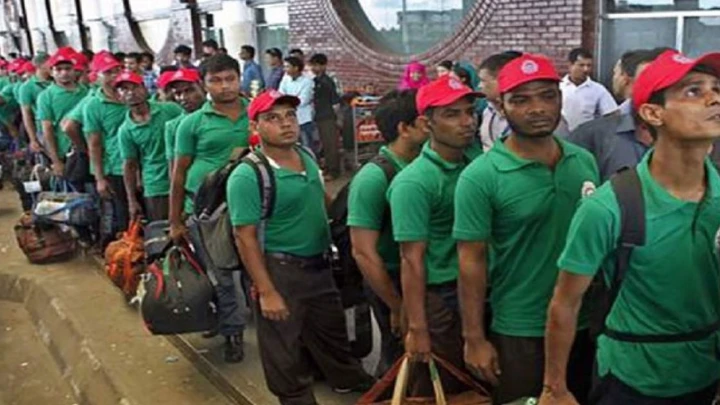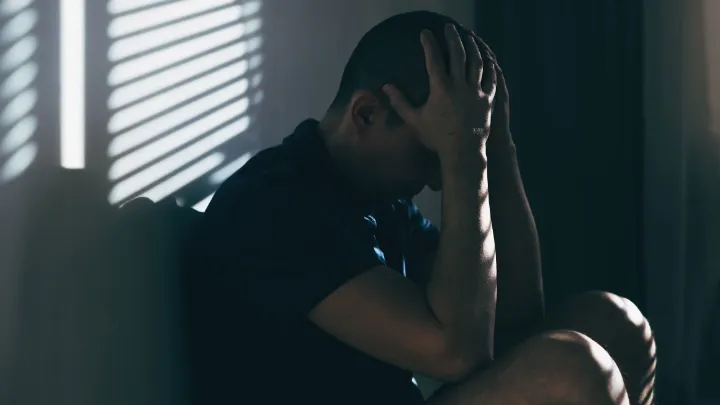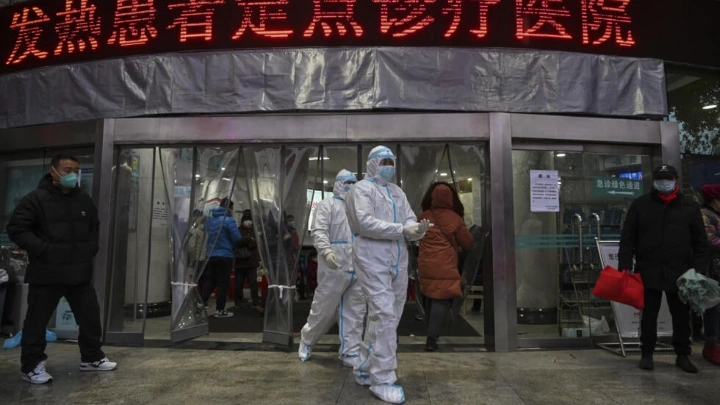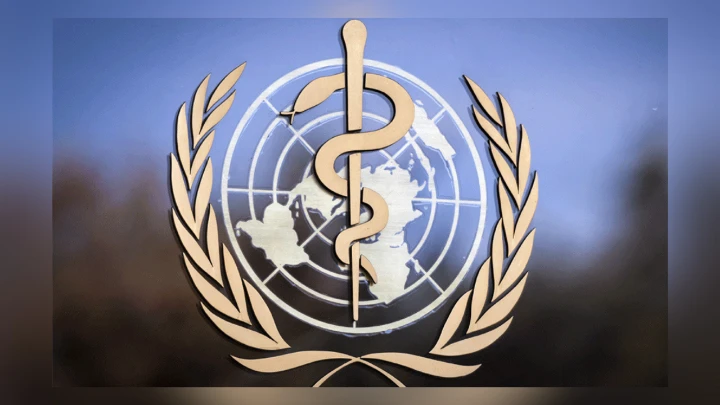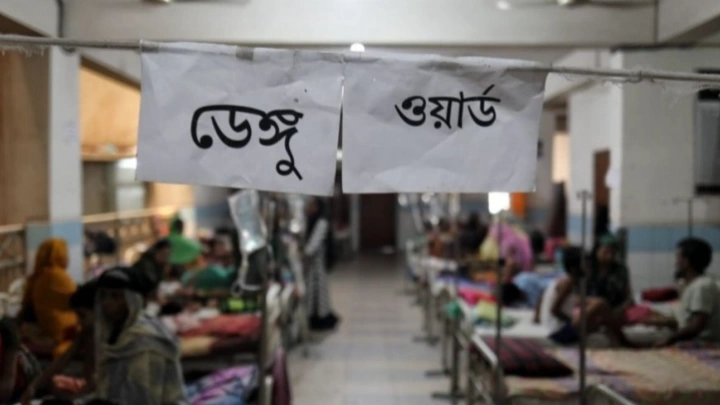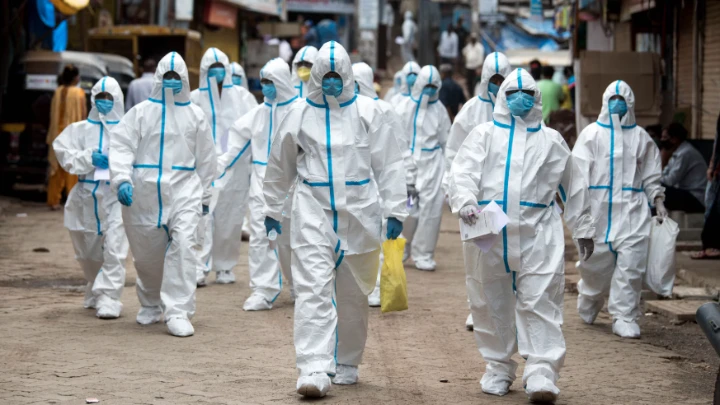Returnee workers grapple with mental health issues
DailySun || Shining BD
Mental health problems faced by Bangladeshi migrant workers who return from different countries mostly go unnoticed, leaving little scope for the remittance earners to come out of the trauma they experience during the whole process of their migration, according to a study.
Ovibashi Karmi Unnayan Program (OKUP) came up with the observation while disseminating findings of its research on "Health of Bangladeshi Migrant Workers: A Hidden Cost of Migration Burdening Socioeconomic Development" at a hotel in the capital on Sunday.

"Some 52% of respondents with health issues said they are suffering from mental health problems while 48% of workers have physical health complications. Unfortunately, the mental health problems of returnee workers don't get much attention. And even the insurance facilities also don't cover mental health problems of the returnee workers," OKUP Chairperson and Lead Researcher Shakirul Islam said while sharing the findings.
He said it is difficult to quantify the amount of loss of expatriate workers as there is no data available on the amount they are taking from Bangladesh for their treatment purposes.
"When the workers go abroad they undergo many tests to prove their fitness. Therefore, fit workers only get the chance to go to work abroad but health problems in the destination countries finish their possibility of earning more and contributing to the economy of the country," he added.
According to the study conducted on 1,096 returnee workers of seven districts with high migration flows, 570 of them, including 53% male and 47% female, are suffering from mental health problems while 526 returnees, including 56% male and 44% female, said they underwent physical problems.
The study finds that of the total respondents who returned with health complications, 39% are male and 61 female.
A total of 55% of these returnee migrants are from Saudi Arabia, 10% from Oman, 7% from Jordan, 5% from the United Arab Emirates, 4% from Qatar and 19% from other countries.
Of these workers, 39% returned home after staying abroad for two to four years and 34% had to return home after staying less than two years.
Among the respondents suffering from health complications, 55% are female domestic workers and 25% are male construction workers.
Most respondents who mentioned their health problems said they are suffering from back pain while the other major health issues are caused because of workplace injury, tumours, cardiac diseases, cancer and skin diseases.
Of the 1,096 respondents, only 334 or 30% received treatment in the destination countries, mainly for physical health complications, while 762 or 70% were forced to return with their problems.
Of them, 301 or 90% of workers received health care facilities by the employers and 33 or 10% received treatments spending money from their own pocket. But 82 or 27% of them claimed that their employers deducted the treatment expenses from their salaries. And the workers who received treatment on their own mostly took money from home by taking loans.
According to the findings, 70% of the respondents who had to return home with health complications needed to spend Tk90,000 per head and 57% of them had no options other than taking loans for treatment.
The OKUP report says though the Wage Earners Welfare Board insured migrant workers in 2019 on a pilot basis, Insurance Policy 2023 doesn't cover treatment of migrant workers returning with physical health problems other than injuries and it also excludes workers suffering from mental health complications and HIV or AIDS.
At least three returnee workers with health complications, Shariful Haque Sani, Shefali Begum and Abu Hanifa, shared the terrible experiences they encountered after going abroad. Besides, representatives of different organisations and individuals put up their recommendations in an open discussion.
Later, panellists expressed their opinions on the research. Prof Mohammad Mainul Islam of Population Science department at Dhaka University, Executive Director of BNSK Sumaiya Islam, Wage Earners Welfare Board's Shariful Islam, IOM Bangladesh's SM Morshed, ILO Dhaka office's Md Mazharul Islam, National AIDS and STD Control's Abdul Wadud and BMET's Rezwanul Haque Chowdhury were among the panel discussants.
OKUP Executive Director Omar Faruque Chowdhury delivered the welcome address in the programme where Joint Secretary of the Ministry of Expatriates' Welfare and Overseas Employment Mohammad Shaheen was the chief guest.
Shining BD

